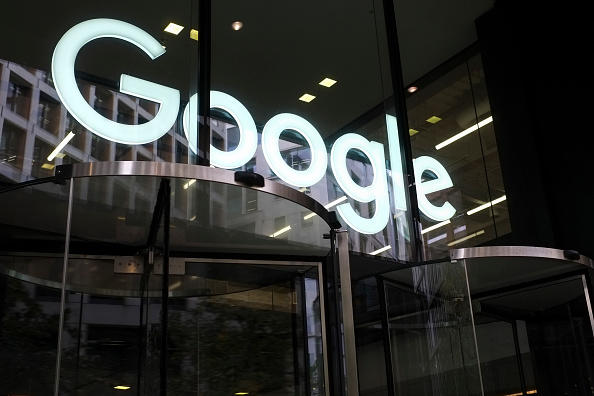On Wednesday, the French government introduced a 3% digital tax that will primarily target big tech companies, as reported by CNBC.
Locally, it’s known as the ‘GAFA’ Digital Tax after the companies it’s mainly targeting — Google, Alphabet, Facebook, and Amazon –according to Fortune. Overall, though, the tax will apply to the French revenue of about 30 major companies that are mostly from the United States.
France’s Finance Minister Bruno Le Maire, who has backed the tax, said, according to the Wall Street Journal, “These giants use your personal data and make significant profit from it, without paying their fair share of tax.”
Le Maire thinks the tax will bring in about €500 million ($565 million) per year, according to CNBC.
Companies will be taxed if they’re selling digital products from third parties, selling digital advertising, and have above €750 million ($848 million) in global revenues and French revenues of about €25 million, according to Fortune.
Although the tax doesn’t have the full backing of the European Union, it still comes after a dozen of similar taxes around the world, as reported by The Wall Street Journal. It seems a lot of countries are seeking to challenge big tech and change how they operate.
Last year, the EU did try passing a 3% digital tax but it ultimately failed. According to CNBC, some countries — including Ireland and Germany — were worried about retaliation from the U.S.
Currently, the Organization for Economic Cooperation and Development (OECD) is looking into a global digital tax, although CNBC reported they won’t reach a conclusion until 2020.
If OECD reaches an agreement, Le Maire said France would withdraw its own tax.

